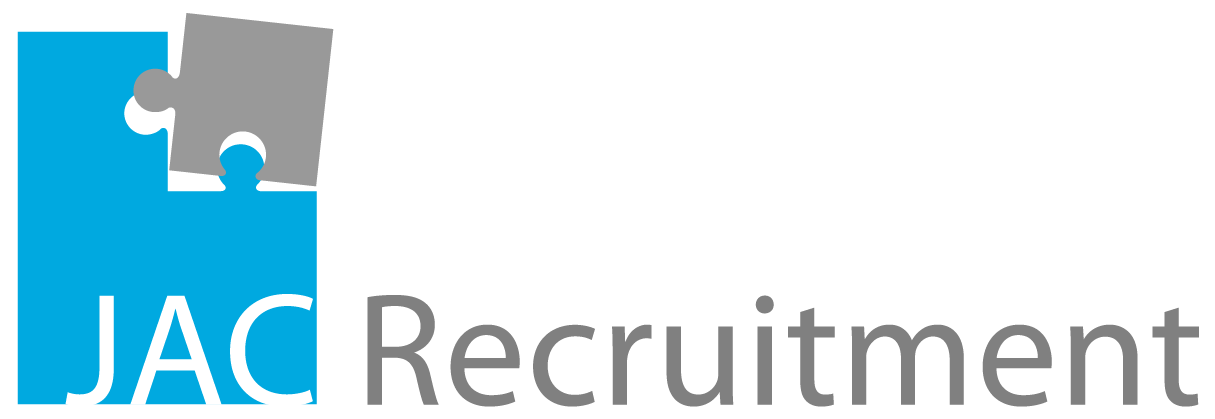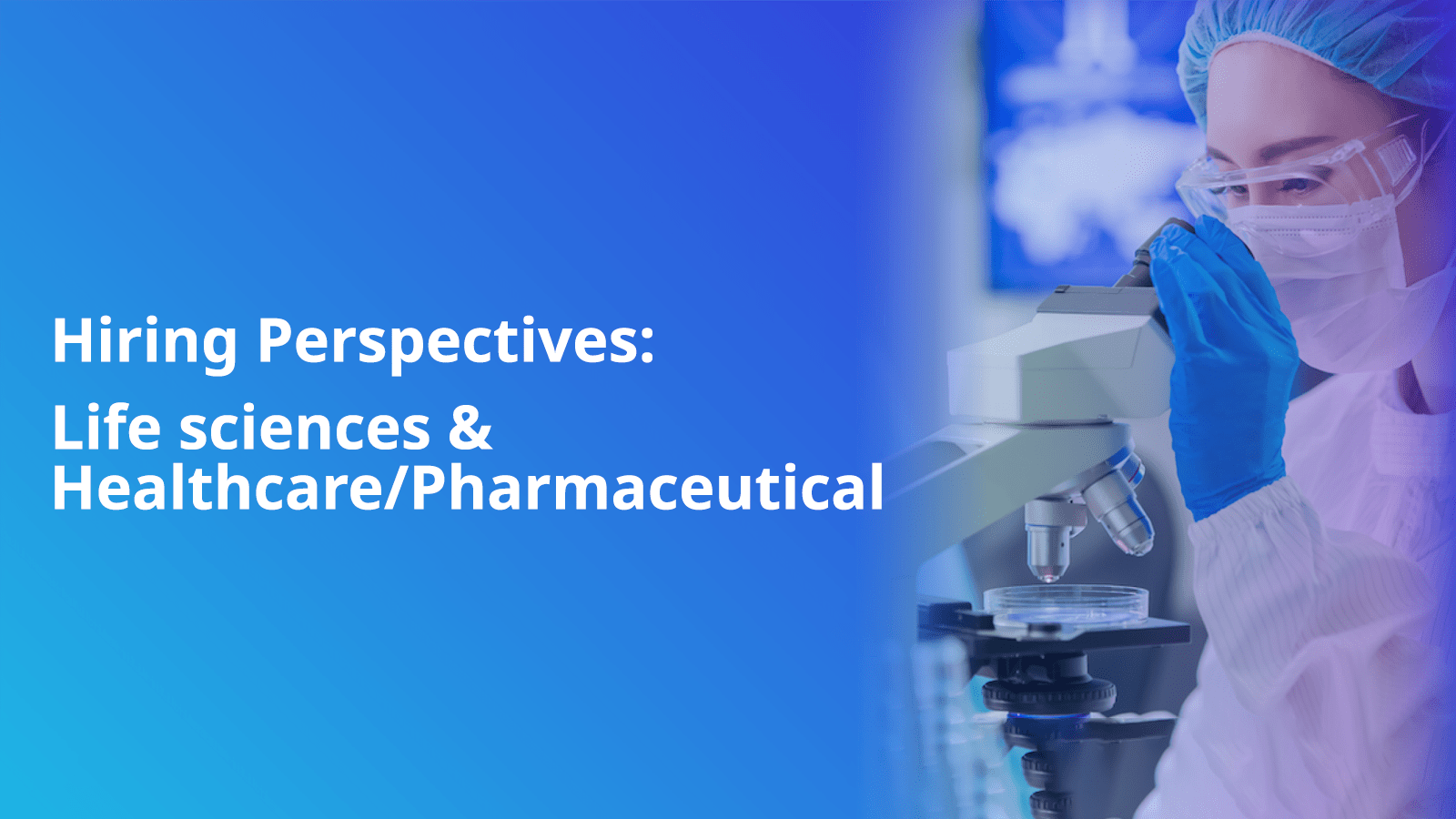The Life Sciences sector proves resilient and remains on the course for growth
With the Singapore labour market’s continued recovery in 2021 and total employment growing despite the volatile COVID-19 situation, there has also been a marked pick-up in the Life Sciences sector. In the first half of the year, the medical technology segment grew by 47.6% on the back of higher export demand for medical devices, and output in the pharmaceutical segment expanded by 38.0% with higher production of active pharmaceutical ingredients and biological products.
Emerging new roles in Life Sciences
Irrespective of the pandemic, the healthcare sector had been poised for growth and expansion, focusing on eldercare and gerontology to accommodate the needs of an ageing Singapore population. COVID-19 , however, brought about a surge in demand for frontline healthcare workers—and not only for doctors and nurses but for care professionals with varying expertise, like social workers, laboratory technicians, and mental health specialists.
Covid also sped up more widespread use of telehealth and teleconsultation services. The related need for safer and more convenient medication collection and delivery services has increased demand for Health IT Solutions focusing on telemedicine, artificial intelligence, cybersecurity, and the protection of data contained in electronic health records and data sharing. Emerging roles here include Medical Case Managers, Medical Nurse Coordinators, Medical Liaison Officers, and Data Scientists, amongst others.
In the more established field of medical manufacturing, where the Singapore government continues to attract foreign investment, innovative technologies such as cell gene therapy and vaccine production are making high-demand roles of Automation Engineers, Biotechnologists, Research Scientists, Laboratory Managers, and R&D Engineers to name a few. The announcement of new high-profile plants being set up solidifies Singapore’s position as a regional health hub, and the need for this talent will only grow as we move into the post-pandemic new normal.
Unearthing the talent to fill these new roles
Collaboration across government, businesses, education, and training institutions will be instrumental in addressing the skills gaps and providing relief for the critical issue of the talent shortage in Singapore. The Singapore government continues to invest in a future-ready healthcare workforce—keeping training capacity for new and mid-careerists on track, ensuring competitive salaries, and working with healthcare employers to review career pathways and broaden options for further staff development. Private companies also need to focus more on diversity and inclusion and look beyond typical models of criteria selection that have been successful in the past.
Emerging new roles have put candidates with various backgrounds, such as biomedical science, engineering, computer science, data analytics, chemistry, physics and mathematics, clinical research, and high-value manufacturing experience in high demand. Besides pure technical know-how, these candidates are expected to have a broad scope of skills, including leadership, communication, commercialisation, and digital skills.
With border closures and as hiring overseas talent becomes more challenging, the ability to pinpoint transferrable skills and experience from adjacent industries is so important. Recruiting talent from outside the industry is quickly becoming the norm in healthcare. For traditional Life Sciences firms to ride and survive this wave of growth, there is an urgent need to look beyond “plug-and-play” specialist talent to focus on the long-term win. For example, engineers in the critically hit aviation industry, although needing retraining, can potentially plug the talent gap that otherwise would not be filled.
This kind of strategic workforce planning will help companies optimise their workforce for today while preparing their organisations for the future. However, many companies will continue to find it challenging to hire specialist professionals in this area.
For more insight into how healthcare companies succeed in spotting and attracting key talent, feel free to reach out for a confidential discussion.

